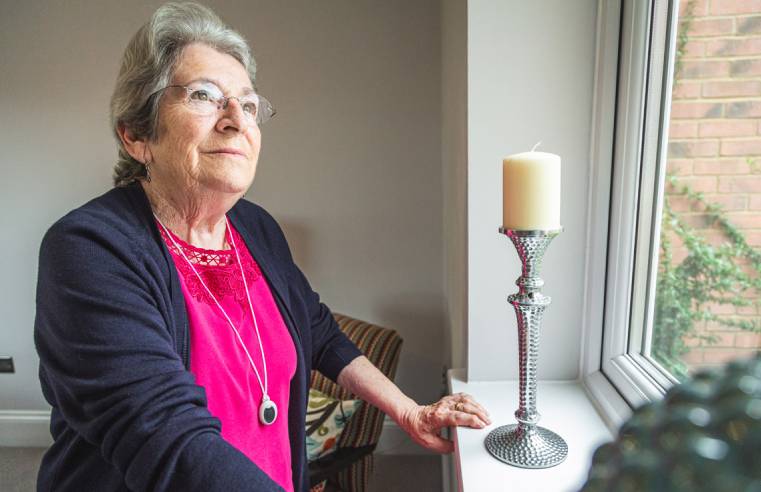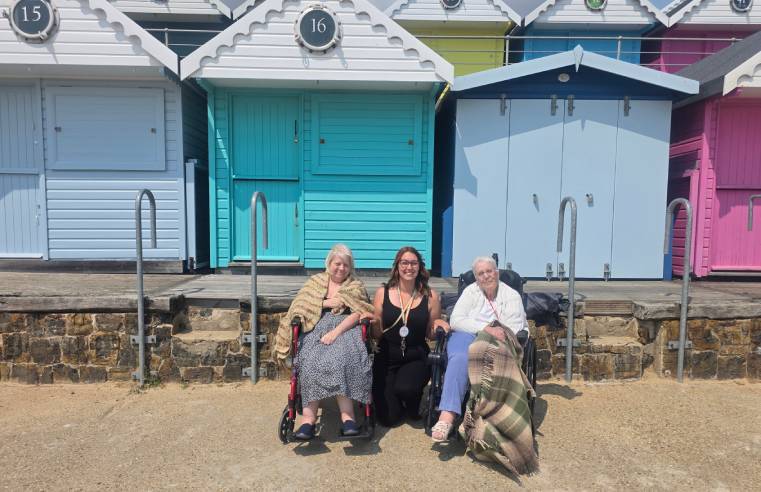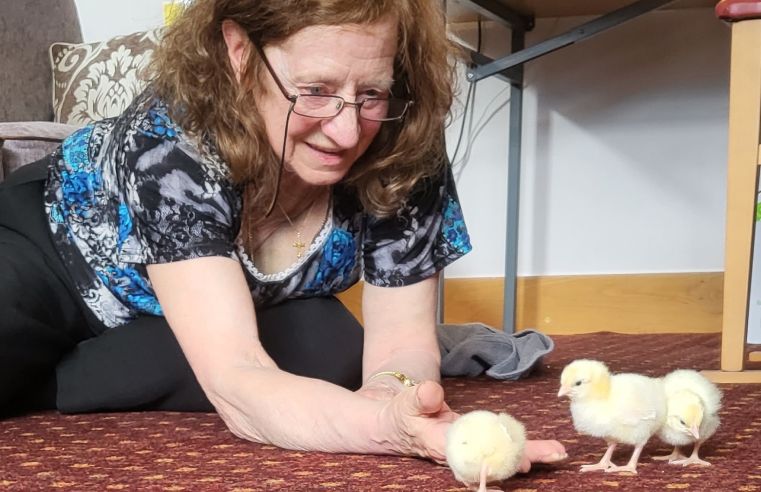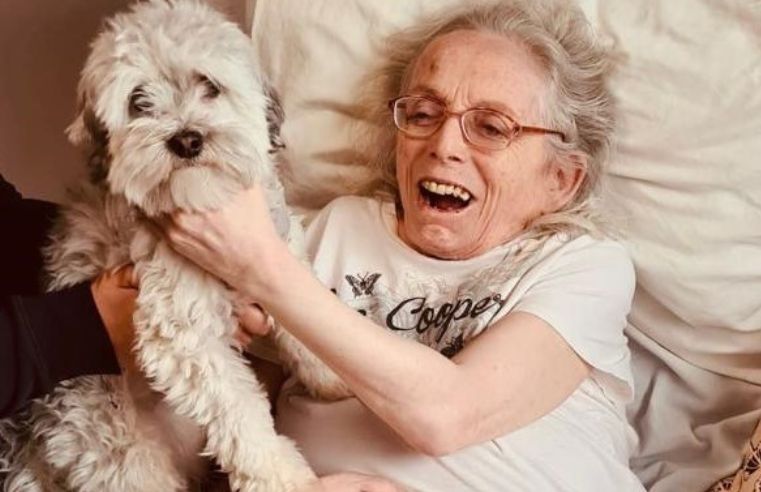According to a recent study published in The Journal of Physiology, researchers have documented how the same period of inactivity has a greater and more severe impact on the muscle power of the lower limbs of the elderly than young people, which is essential for movements like climbing the stairs.
The disuse of muscles due to a sedentary lifestyle or short periods of inactivity caused by hospitalisation can dramatically enhance the decline in muscle mass, metabolic health and functional capacity. This loss of muscle power caused by disuse can be especially detrimental in the elderly.
The research, conducted by the University of Udine in conjunction with the University of Padova, involved studying the impact of complete inactivity in a group of elderly subjects that were bedridden in a hospital environment for 2 weeks, and their results were compared with young subjects.
In the elderly subjects there was a difference in single muscle fibre response to disuse, a more pronounced loss of muscle mass and a change in how muscle contraction is controlled by the nervous system compared to young individuals. Furthermore, the recovery phase was more difficult in the elderly group.
Carlo Reggiani, the lead investigator on the project, commented: “While clinical and epidemiological data on inactivity in the elderly are abundant, experiments on disuse and inactivity are seldom performed in elderly for several reasons. The results obtained are relevant not only to understand the inactivity-dependent enhancement of the decline (in muscle mass, metabolic health and functional capacity) but also to design new rehabilitation protocols where timing and intensity of the sessions are optimised.”
It is important to note that the study was carried out on healthy elderly subjects however the loss may be greater and the recovery more difficult in patients with diseases.
The researchers plan to follow-up the study by investigating the impairment of neural motor control on skeletal muscles, as an altered motor control was suggested when measuring the electrical activity of the muscles.
The full paper can be found here.
www.physoc.org
You are here
- Home
- >
- Mental Health
- >
- INACTIVITY'S IMPACT ON MUSCLES
INACTIVITY IMPACTS OLDER PEOPLE’S MUSCLES MORE SEVERELY
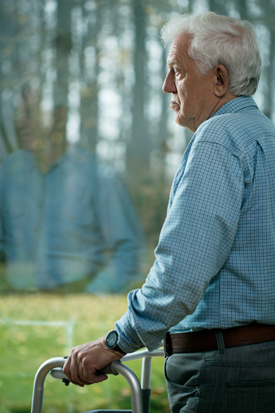
Published on 05/01/2018
Related News
Categories
- CQC ratings
- Care home news
- Care jobs
- Care planning
- Care sector awards
- Care sector events
- Care sector news
- Care staff
- Charity
- Cleaning & Hygiene
- Construction
- Dementia
- Disability
- Entertainment
- Finance
- Fitness
- Food & Drink
- Fundraising
- Furniture
- Health & Safety
- Healthcare
- Hospice & Palliative Care
- Hospitals
- Industry Comment
- Interiors
- Laundry
- Legal
- Leisure
- Medication
- Mental Health
- Mobility
- New appointments
- PPE
- Products
- Property
- Recruitment
- Relationships
- Research
- Safeguarding
- Security
- Services
- Social care
- Sustainability
- Technology
- Training
- Transport
- Uniforms
- Waste
- Wearables




